Exclusive discounts on premium fragrances today!
The History of Perfume: From Ancient Times to Modern Luxury
Perfume has been an essential part of human history, symbolizing status, spirituality, and personal expression for thousands of years. From its humble beginnings in ancient civilizations to the luxurious fragrances we know today, the story of perfume is as captivating as the scents themselves. Let’s take a journey through time to explore how perfume has evolved into a modern-day luxury.
Phoenix Parfums
1/26/20252 min read
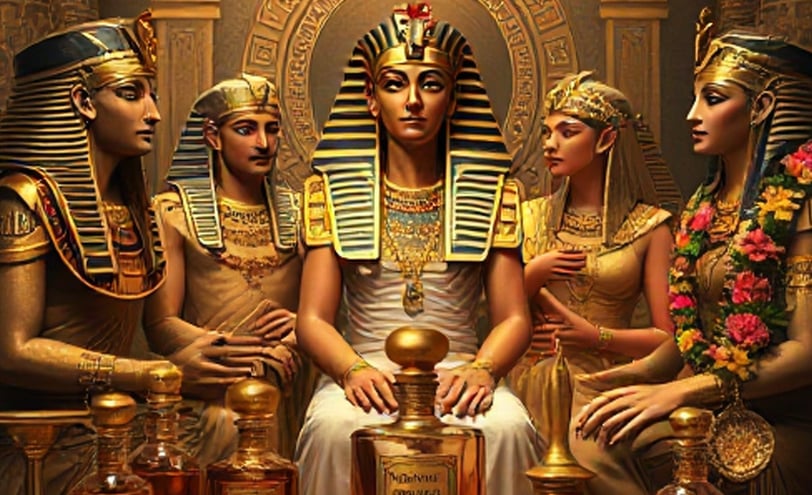

Ancient Beginnings
Perfume’s origins can be traced back to ancient Mesopotamia, Egypt, and the Indus Valley, where early civilizations used aromatic resins and natural oils for religious rituals and personal use.
Egypt: Egyptians were among the first to master the art of perfumery. Fragrances made from myrrh, frankincense, and floral extracts played a vital role in worship and mummification. Perfume was also a symbol of wealth and power, with Cleopatra herself famously using custom-made scents to captivate those around her.
Mesopotamia: Early perfumers, such as Tapputi (the first recorded chemist), used distillation techniques to create aromatic blends. Perfumes were often dedicated to deities and used in sacred rituals.
Indus Valley: Archaeological findings suggest that this civilization crafted oils and balms infused with fragrant herbs and flowers for personal and spiritual purposes.
Perfume in Ancient Greece and Rome
The art of perfumery flourished in ancient Greece and Rome, where it became deeply intertwined with daily life and culture.
Greece: The Greeks used perfumes in religious ceremonies and as part of their beauty routines. They were among the first to store scents in beautifully crafted containers, often made of alabaster or ceramics.
Rome: Romans elevated the use of perfumes, integrating them into public baths, festivals, and even military victories. Wealthy Romans were known to bathe in scented waters and anoint themselves with luxurious oils.
The Middle Ages: Perfume Travels to Europe
After the fall of the Roman Empire, the knowledge of perfumery was preserved and expanded in the Middle East. Arab and Persian cultures advanced the art of distillation, refining the creation of essential oils and alcohol-based perfumes.
When the Crusaders returned to Europe, they brought exotic fragrances and knowledge from the Middle East. Perfume became highly sought after by European royalty and the elite, symbolizing refinement and status.
The Renaissance: Perfume as Art
The Renaissance marked a golden age for perfumery in Europe. Italy, particularly Florence, became a hub for perfume creation. Catherine de' Medici, queen of France, played a significant role in popularizing perfume by introducing Italian techniques to French perfumers. Perfume was no longer just functional but an art form, with luxurious scents being tailored to individual preferences.
The Modern Era: Perfume and Luxury
Perfume took on new significance in the 19th and 20th centuries with the advent of synthetic ingredients and modern marketing. French perfumers, such as Guerlain and Chanel, revolutionized the industry, creating timeless scents like Chanel No. 5. Perfume transitioned from a handmade craft to a global luxury industry.
19th Century: Synthetic ingredients, like vanillin and coumarin, allowed perfumers to create more complex and affordable fragrances.
20th Century: Perfume became a cornerstone of fashion, with designer brands launching signature scents. Advertising and celebrity endorsements elevated perfume to an aspirational luxury.
Perfume Today: A Blend of Tradition and Innovation
Today, the perfume industry blends ancient traditions with cutting-edge technology. Niche brands and sustainable practices are gaining popularity, offering eco-friendly and personalized options to consumers. Perfume continues to be a powerful form of self-expression and luxury.
Final Thoughts
The history of perfume is a rich tapestry of culture, art, and innovation. From sacred rituals in ancient Egypt to the elegant bottles gracing modern vanity tables, perfume remains a timeless symbol of beauty and sophistication. Discover the perfect fragrance for you and become part of this centuries-old tradition.
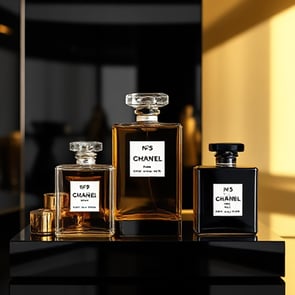
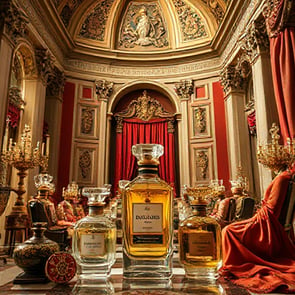
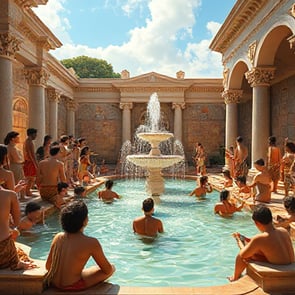
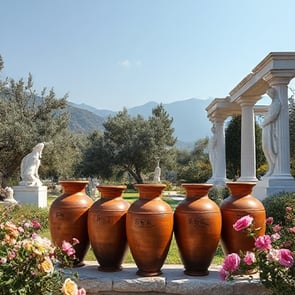

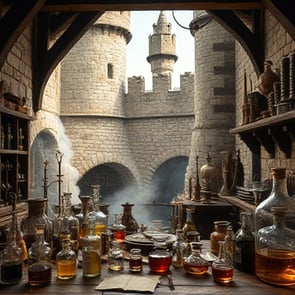
Phoenix Parfums LLC
Discover authentic perfumes for every occasion.
Quality
Trust
(862) 213-6032
Powered by NEO DESIGN © 2024. All rights reserved.
